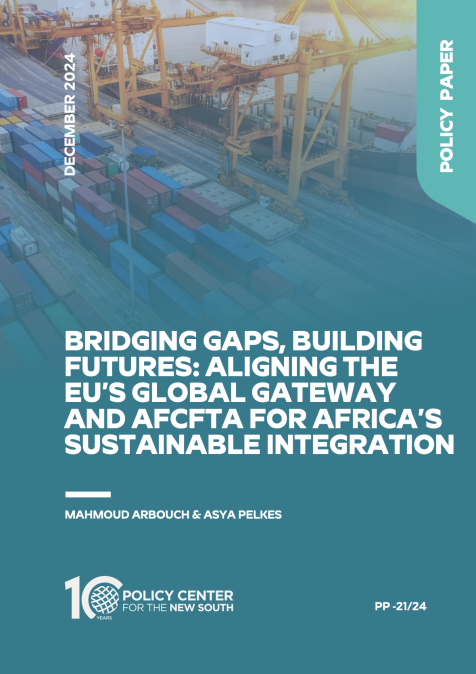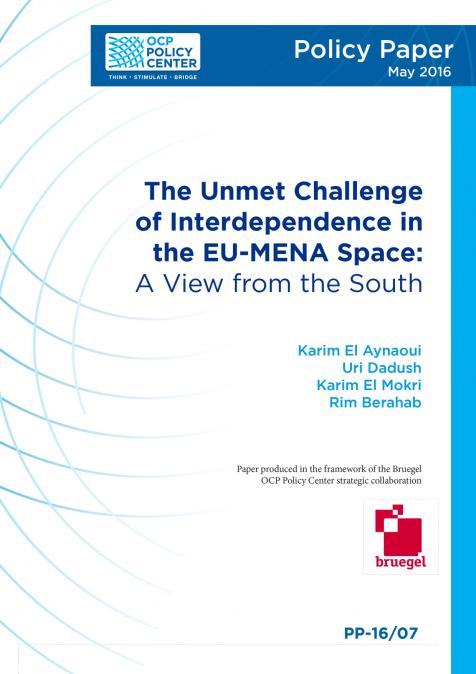Publications /
Policy Paper
Nothing better illustrates the positive contribution of the integration of national economies into global value chains than the fact that in the 1990s, the automotive sector barely existed in Morocco. Now, it is the leading export sector, with a production and assembly capacity of 700,000 vehicles, making it an attractive and competitive hub linking Africa and Europe in the automotive value chain. However, the automotive industry is on the cusp of change, with advances in electric and autonomous vehicles, and transformations in mobility, lowering the barriers to entry in car assembly, and increasing the need for labor- intensive products such as wiring harnesses.
We have identified two trends. First, vehicle manufacturers are engaging in the supply of raw materials. Second, the reorientation of investment flows and the organization of the location of production units will allow Western countries to reduce their dependence on foreign suppliers, particularly China. Upstream integration, semiconductors, clean energy, and batteries are at the center of decoupling negotiations. In an uncertain context, this research is intended to conceptualize an adaptive integration strategy for middle-income countries in global automotive value chains.








